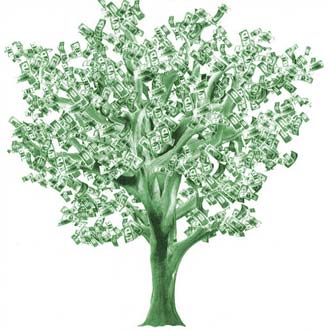I recently had a conversation/debate with a good friend that works in the economic sector. We discussed the current economic situation and subsequently moved on towards our views on the environment [and its relative importance at this time]. It was interesting to see how we both held a different outlook when I put forward the idea that fundamentally, the protection of our natural environment should be a primary focus ahead of other factors such as economic growth and development. At this point, our different ideologies became evident. On the one hand, my friend claimed that stability, growth, and development should be prioritised in the current condition, while an improved lifestyle/quality of life should remain the future goal. However, I argued that the economic system as a whole is founded on the use of natural resources [industry, consumer items etc] and that if we continue on our current exploitative pathway, our unsustainable actions would eventually catch up with us. Thus, we should prioritise the environment and seek a more sustainable pathway of development that does not prioritise economic gains. In essence, not biting off the hand that feeds us!
In the end I could not help wondering that the prevailing view of "consumption first - environment second" remains the core ideology in society despite the apparent successes of the contemporary environmental debate. Ultimately, is our capitalist / consumer society really willing to change its ways?

